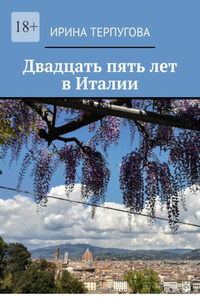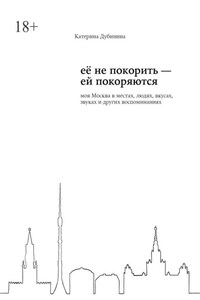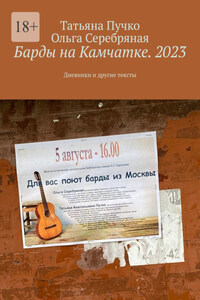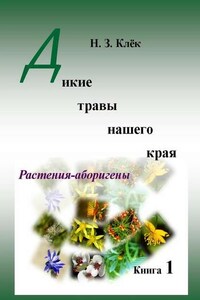Hello, my name is Alexey Bardakov. I'm 29 years old and divorced. I have dedicated almost 10 years of my life to working in the restaurant industry. I began my journey as a waiter in Crimea. After the first summer season, I completed bartender courses in Kyiv, which significantly changed my attitude towards alcohol consumption. Before the courses, I would drink any alcohol without thinking twice. However, the tastings conducted during the courses provided me with a foundation for developing my taste and understanding of alcohol as a form of art. Over time, I moved to the Moscow region and then to Moscow itself. I had the opportunity to work in excellent restaurants in Moscow and meet amazing chefs who had an incredible sense of taste. Most of the time, I worked as a waiter in restaurants. On one hand, it provided me with a stable income for a comfortable life in Moscow. On the other hand, I enjoyed being able to cater to the tastes of guests who were interested in my opinion about the dishes.
The morning began like any other workday: I woke up at 5:30 a.m., took a shower, got ready for work, and left home at 6 a.m.
As I boarded the subway train, I turned on my VPN and opened Instagram, scrolling through my friends' stories. I stumbled upon a photo from a television screen with the caption, "Address by the President of the Russian Federation." It piqued my curiosity, so I decided to go online and listen to what was being said. I had no thoughts or assumptions about the content of the address. Perhaps it was because I tried to emotionally shield myself from this war-related situation, as it had a significant impact on my work and psychological state.
After listening to the President's address, I was in a mild state of shock. Chaos ensued in my mind and soul. Feelings of fear, hopelessness, and duty intertwined into an emotional knot that hindered clear thinking. After a couple of minutes, I gathered myself and engaged in an inner dialogue about the decision I should ultimately make if the so-called "partial mobilization" affected me.
During the remaining half-hour of my commute, I failed to reach any agreement with my inner voice. Upon arriving at work, almost everyone was discussing the topic, and I, of course, took part in those conversations, which triggered my self-preservation instinct, raising alarm.
One of my colleagues and I couldn't stop talking about the situation. The fear and panic in his eyes surpassed mine, which led me to think that I didn't fully grasp the seriousness of the situation. Airfare prices to any destination were skyrocketing exponentially, and the more I interacted with him, the more I started to panic.
An hour later, my colleague decided to flee the country while there was still a chance, using any suitable means. I stayed at work, and the more I thought about this situation, the more I considered following my colleague's example.
I called Egor, a friend and also my neighbor. He was in the same internal panic as myself. Egor and I agreed to discuss this matter at home after work and decide what to do. I couldn't focus on work today, as my thoughts consumed my mind. They didn't let me go home earlier either, as there was already a shortage of people for the shift.
From seven in the morning until four in the afternoon, my productivity reached a solid zero point zero tenths of a percent. The management, seeing that this situation was occupying my mind for a long period, gave permission for me to go home and consider the pros and cons in a calm environment.
On my way home, I made a resolute decision to flee the country, as I concluded that I didn't want to go to a place engulfed in fratricidal war. I believe that, no matter the disagreements, everything can always be resolved peacefully.













